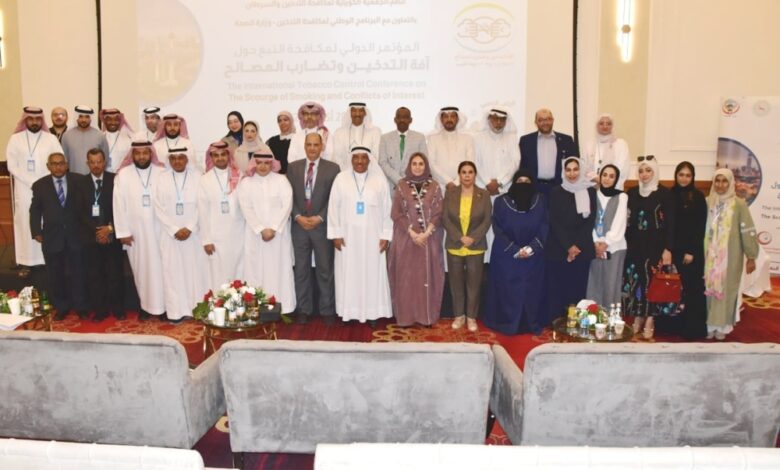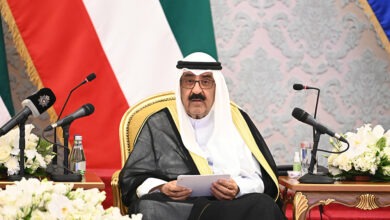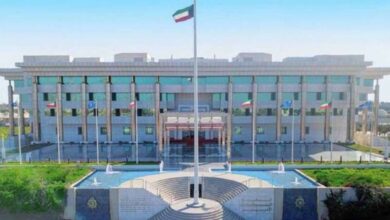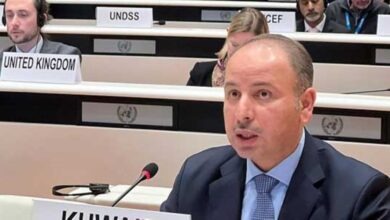
• The International Tobacco Control Conference urged support for research on the economic burden of tobacco use, addiction, and the benefits of legislation and tax increases.
The drafting committee of the International Tobacco Control Conference, which concluded on Tuesday, recommended raising the selective tax on tobacco products in Gulf countries to 75 percent, according to Al Jarida newspaper.
The recommendations of the conference, held under the slogan “The Scourge of Smoking and Conflicts of Interest” at the GCC level, included establishing national observatories in GCC countries to monitor the behaviors, activities, and methods of the tobacco industry and related sectors.
It also called for the Gulf Health Council to adopt a capacity-building initiative for member states focused on litigation and investigations related to tobacco industry companies, as well as the formation of professional national working teams to prosecute tobacco companies, their agents, and distributors according to a structured methodology that includes partnerships with the World Health Organization (WHO) and specialized expert organizations.
Additionally, the conference recommended that experts review and develop policies, regulations, and programs in the GCC countries regarding new and alternative tobacco products.
Furthermore, the conference urged support for research, epidemiological studies, and assessments of the economic burden of tobacco use and its alternatives, including community behavioral motives that contribute to their spread, addiction, and the health and economic benefits of implementing legislation and increasing taxes. It also recommended organizing regular awareness programs and campaigns targeting new tobacco products, such as e-cigarettes and nicotine pouches, along with advanced training courses for planning preventive programs and related awareness campaigns.
The conference also recommended investing in artificial intelligence for planning awareness initiatives and tobacco cessation programs, as well as establishing a Gulf federation that unites associations and non-governmental institutions focused on tobacco control in member states.
At the Arab and regional levels, the conference recommendations included preparing an Arab initiative involving all relevant stakeholders, including government and private institutions and civil society organizations, to raise awareness of the harms of smoking, reduce its negative effects, and develop a timeline for implementing this initiative. The conference called on the League of Arab States to prepare a research study on the harmful effects of smoking on individual health and the surrounding environment, with funding provided by the ministries of environment in Arab countries.
Additionally, it emphasized the need to conduct studies and research in tobacco economics, focusing on the impact of smoking on the economy and sustainability.













